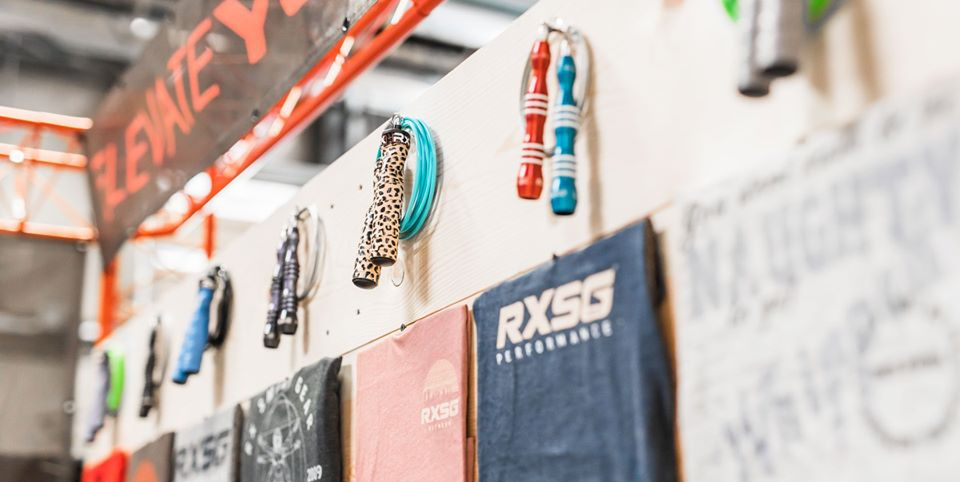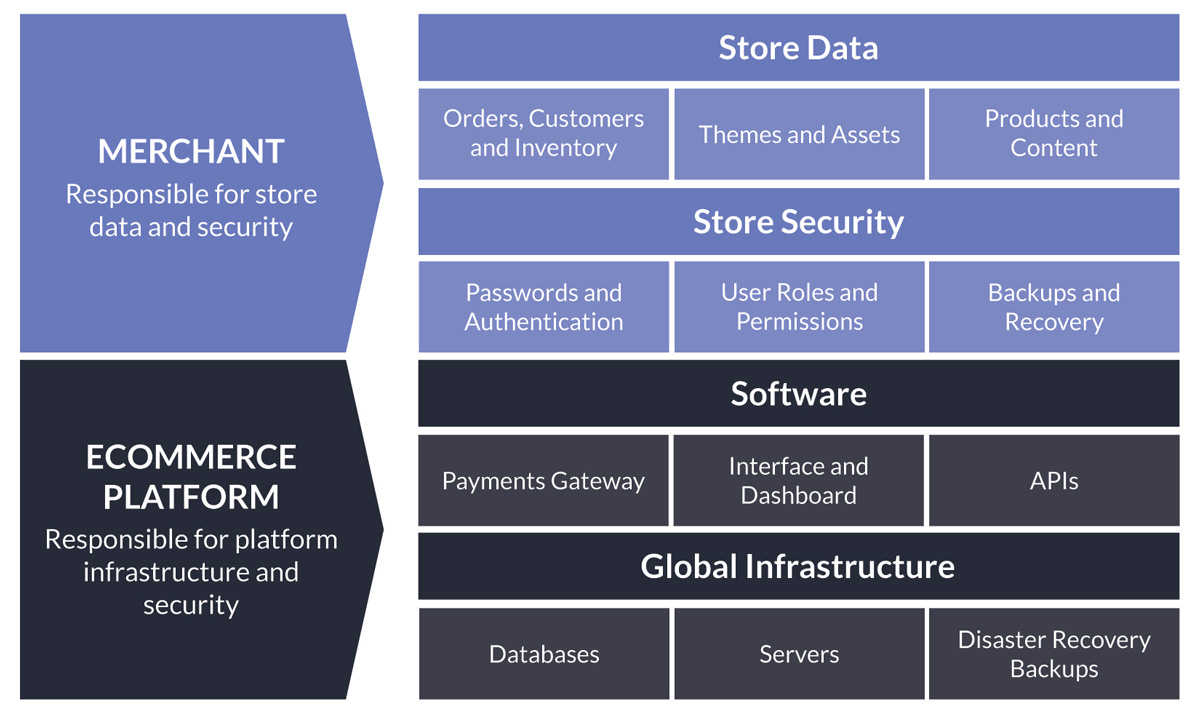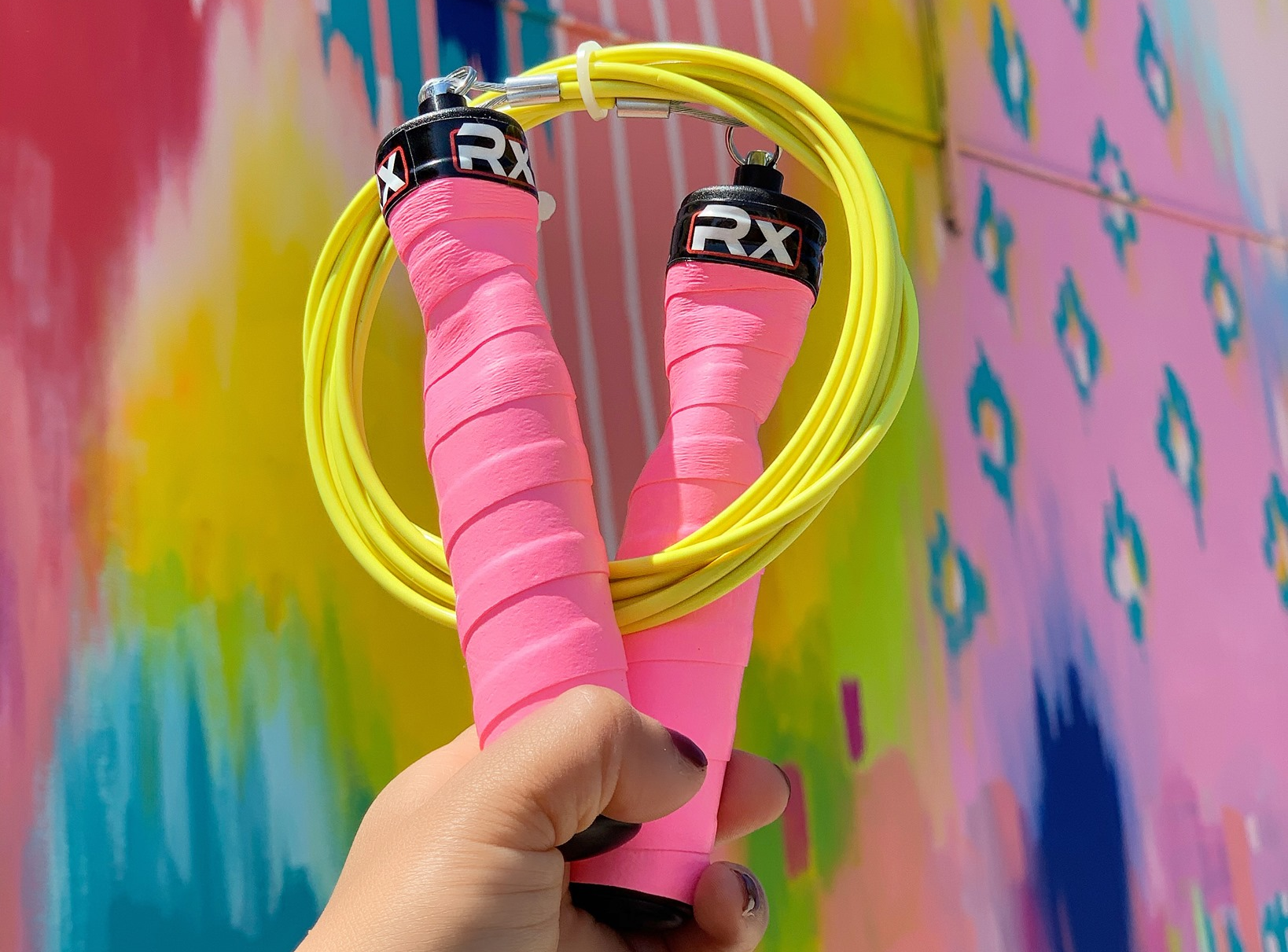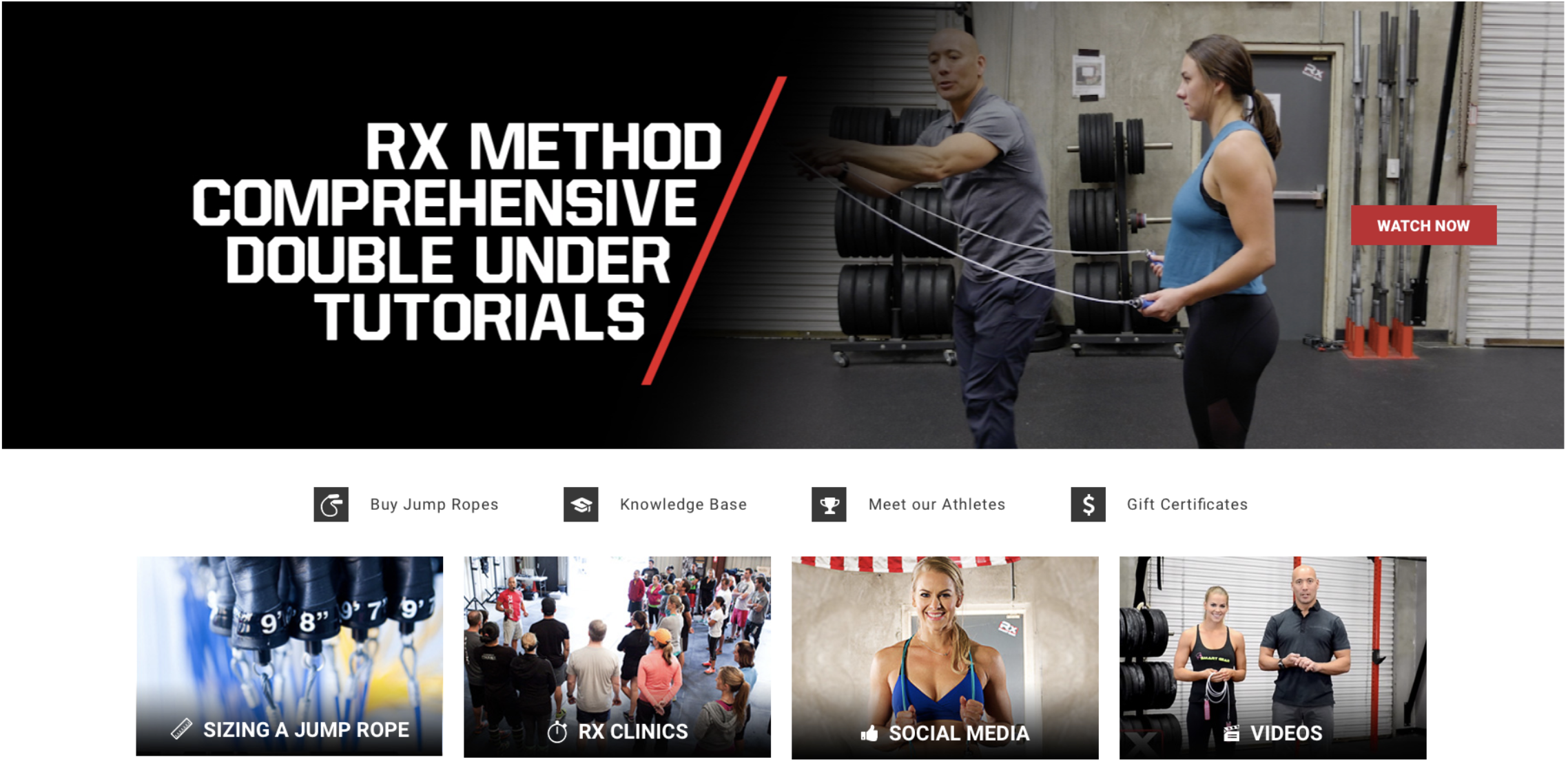Rx Smart Gear faced losing 1500 orders
“Hop, trip, cuss—repeat!” That’s how David Newman describes his jump rope workouts when he first landed in a CrossFit training program in San Diego over a decade ago. Immediately hooked on the training, he was frustrated by the jump rope component. Ropes were too short, too long, too flimsy, or too heavy for him to do the tricky “double under” maneuver.
He searched high and low for a better rope, but couldn’t find what he wanted. Newman realized that none of the ropes he tried had been purposely developed for functional fitness, and that they needed to be customized to each user. A high-energy former gymnastics coach with an entrepreneurial bent, Newman decided to make his own. He set up shop in his garage, and Rx Smart Gear was born.
Ten years on, Rx Smart Gear is a thriving online retailer of custom jump ropes and other gear for functional fitness training. They have 15 employees (up to 25 during the holidays), annual sales in the seven-digit range, and a global reach to virtually every country on the planet.
General Manager Nick Lococo joined the team in 2012 and oversees the day-to-day operations. “David is the innovator,” says Lococo. “He comes up with the new products, and I figure out how to make them and get them out the door.” Their best-selling product is still the custom jump rope, which has 5000 SKUs. If you count custom product options, there are over 100,000 SKUs. It’s a complex, tightly run operation, so even a small wrench in the works could be a big problem.

There’s no “Undo” button
With his IT background, Lococo was well aware of that. He knew how easy it is for online stores to lose their product SKUs, images, descriptions, and customer order information—and what a nightmare it is to recover from. That’s why every month he manually downloaded raw data in CSV files from every part of the site and saved it to the cloud. It was a time-consuming process that took at least four hours. “If we had an issue with our internet connection, I would lose half a download and have to start all over again. I kept thinking, ‘Do I really have to do this?’ When you’re the general manager of a small company, there is other stuff that you could be doing with your time.”
I would have had to turn that product off during that time. It’s our number one seller! I would have missed out on, at least, 75 orders a day for 21 days.
Nick Lococo,
General Manager
One day, while speaking with a rep from BigCommerce, Lococo was asked how he was backing up his site. When the rep heard that Lococo was manually exporting the CSV files, there was a silence. “You really need to get on Rewind,” urged the Big Commerce employee. A month later, after doing his due diligence, Lococo pulled the trigger. “It was easy to get started” he says, “and saved me hours every month.”
The timing of his decision to install Rewind couldn’t have been better. Less than a month later, he was assigning UPCs (universal product codes used to identify individual products) to a group of products they were preparing to offer to some new distributors. Since it would take a very long time to enter the codes individually for each SKU, he decided to save time by “bulk updating” multiple files at once, importing the codes to the store via an Excel spreadsheet. Unfortunately, the bulk upload didn’t work, and permanently wiped out 100,000 product options for those SKUs.
If he hadn’t had Rewind, Lococo says, it would have taken him close to a month to fix the problem. “I would have had to turn that product off during that time. It’s our number one seller! I would have missed out on, at least, 75 orders a day for 21 days.” The major issue was that the product had over 5000 SKUs with 100,000 options. “We set up the site to do cool things like change the photos every time the customer chooses a different option. Restoring these rules again for each SKU would have taken me three solid weeks. That would have been the only way, because on these platforms like Shopify and BigCommerce, there’s no undo button.”
You don’t have to sit there and say ‘we’re losing money because of this.’ You know that Rewind’s got your back.
Nick Lococo,
General Manager
Cloud storage has limitations
Here’s something many online retailers don’t know: even though ecommerce platforms save “data” to the cloud, it’s not the data that they need to restore their shop.
Most ecommerce platforms follow the “Shared Responsibility Model.” Their obligation is to guarantee the data which maintains their own operations. This allows them to provide uninterrupted service to their clients. In other words, everytime you log in into the store, the basic setup will always be there. Tools like BigCommerce and Shopify have an awesome track record—on average they’re up 99.98% of the time.
However, individual shops are responsible for saving their own unique data. This means all of the irreplaceable stuff they’ve labored over for months or even years: product descriptions, images, pages, customer lists, order histories, themes, menu navigation and more. In a nutshell, all the critical and unique content merchants depend on to drive sales.
Online ecommerce platforms simply can’t locate this kind of specific data in order to restore an individual shop. It would be like looking for a needle in a field of haystacks. So they generally divide the responsibility for backing up like this:

Ecommerce businesses need to back up their own content, because if anything happens to it, there really is no “undo” button.
Rewind to the rescue
Instead of Rx Smart Gear having to turn off their biggest seller and spend three weeks trying to fix the issue, Rewind helped restore the site in 48 hours. “Fortunately,” Lococo laughs, “David was on vacation at the time. I was in the office nervously watching all this play out.”
Forty-eight hours is actually longer than most restorations take. In Rx Smart Gear’s case, their unique product options system Lococo had designed was causing an issue. Keeping the customer informed is a priority at Rewind. “Rewind is super great on communication,” he says. “They kept contacting me with updates letting me know ‘hey, we’ve got such and such rebuilt,’ and ‘we’re just working on the final steps, and it should just be another couple of hours,’ and it was great. Because this was beyond the normal restore process, they were communicating two or three times a day. It was amazing.”
As it was, for the two days it took to fix the problem, Rx Smart Gear’s customer service department had to contact between 30 and 50 international business customers each day, confirm their product options, and inform them that their shipment would be late. “It ate up our customer service, instantly. And it backlogged those customers’ orders so they weren’t being processed as fast as everybody else’s. It added an extra 24 to 48 hours to our normal turnaround. Thankfully, we didn’t have to do that for three weeks.”

Every minute counts for an ecommerce business
Online shoppers make decisions in seconds. If a website doesn’t work, they’re gone. Even a short interruption to the operation of an ecommerce site can kill the high conversion rates owners have worked for months or years to build. Longer down periods can seriously hurt sales and waste staff time as they scramble to fix the problem.
Nick Lococo has peace of mind knowing that his site is safe, his sales process is protected.
Ask yourself this question: ‘Is my ability to make money more important than what Rewind costs?’ I think the answer is pretty obvious.
David Newman,
Founder of Rx Smart Gear
Founder David Newman agrees. “It’s the cheapest insurance policy out there for an ecommerce solution. It’s cheaper than my workers’ comp, it’s cheaper than the insurance on our vehicle. Ask yourself this question: ‘Is my ability to make money more important than what Rewind costs?’ I think the answer is pretty obvious.”


